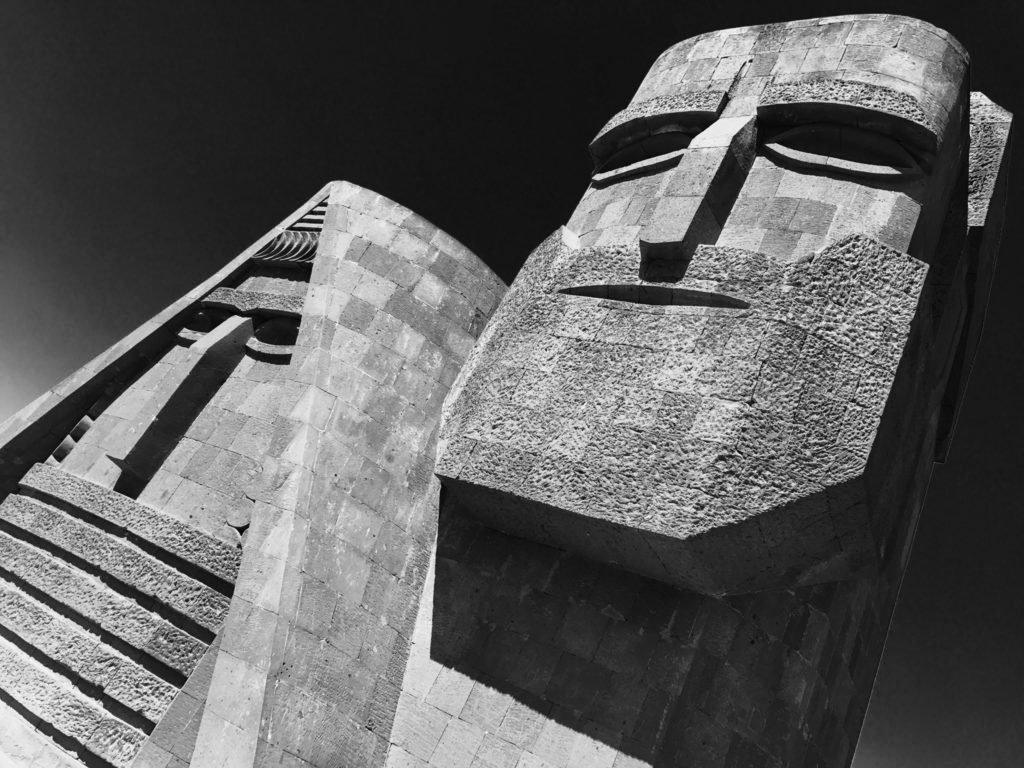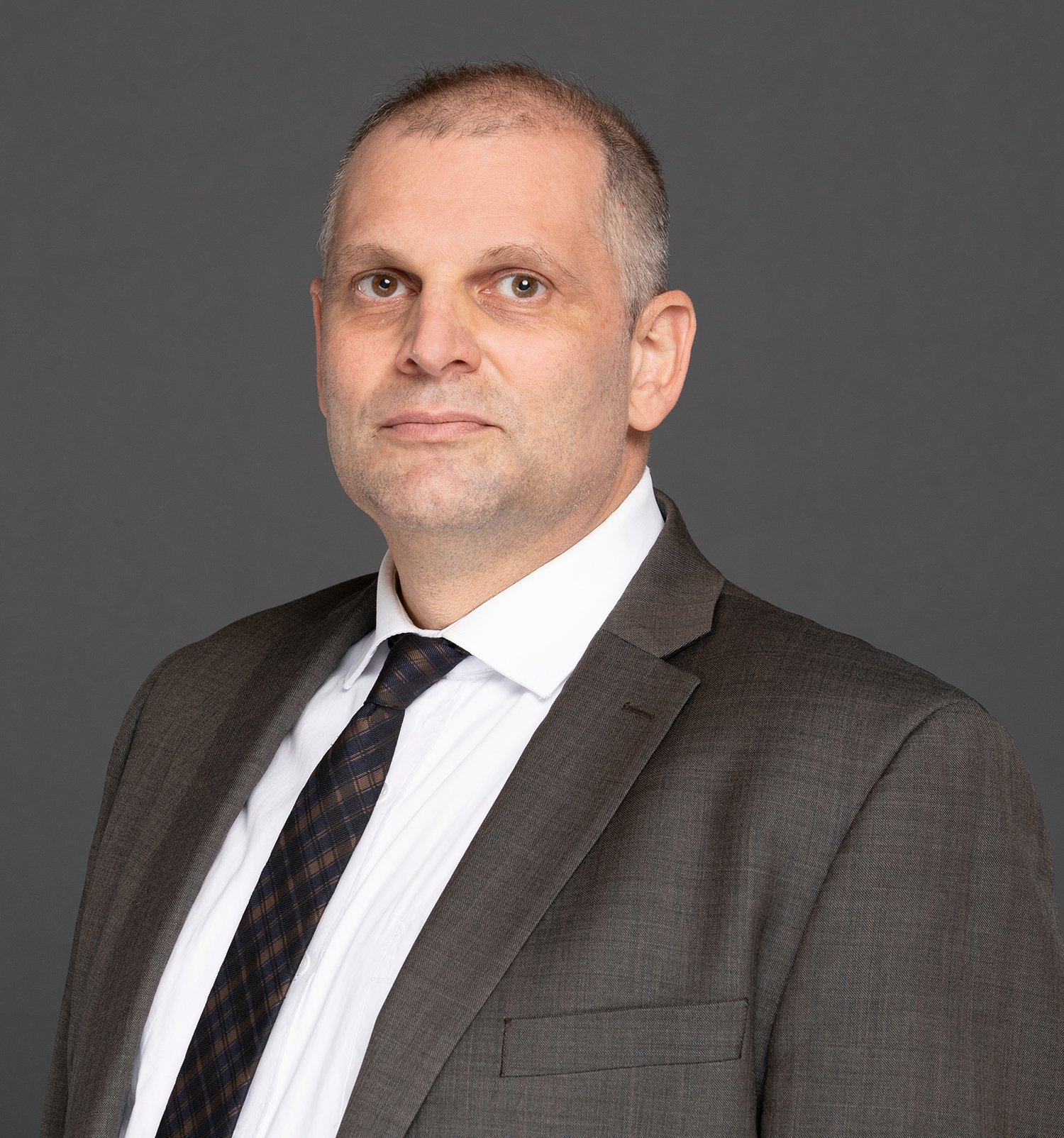
Special Issue: Genocide Education for the 21st Century
The Armenian Weekly, April 2023
Genocide education can have many purposes. Whatever the level and type of education (elementary school, graduate school, public education through events or museums), the most essential purpose cuts across all forms: to foster a conceptual framework in members of society that is sensitive to genocide in general and helps those members perceive emergent or occurring genocides when there is enough time to do something about them, especially cases that are being ignored or misconstrued by the media, political leaders, academics, and others. It should equip people with tools to recognize and reject denialism.
The stakes can be very high. Effective genocide education in the 1970s and 1980s could have supported a North American and European population that was ready to recognize the genocides in Bosnia and Rwanda for what they were and were committed to stopping them as soon as possible. It would have prepared that population for the denials, obfuscations and political maneuvering that in actual history meant the deaths of hundreds of thousands unnecessarily.
With this in mind, I turn to Artsakh (Nagorno-Karabakh). The facts are simple. As Soviet Interior Minister, Stalin put the Armenian area within the Azerbaijani Soviet Socialist Republic, but gave it autonomy, as part of his architectural destabilization of minority groups in the Soviet Union as a means of ensuring all groups’ reliance on Moscow. Over the next six-plus decades, Azerbaijan made a major effort to de-develop Artsakh and reduce its Armenian population. By the mid-1980s, the Artsakh Armenian situation grew so dire that independence was the only path to survival. In 1988, this movement was met with wide-scale violence and repression of Armenians, including two massacres of Armenians in Azerbaijani cities outside Artsakh. With the breakup of the Soviet Union in 1991, Azerbaijan launched a military attack on Artsakh in order to ethnically cleanse it of Armenians. Armenians resisted and by 1994 had reached a stalemate, with Artsakh in Armenian hands. The situation was relatively stable until the September 2020 invasion of Artsakh by Azerbaijan, with the results we are all familiar with. Most notable of the current facts is that Turkey was a full and decisive participant in the war, which was executed by a combined Turkish-Azerbaijani military force and extensive weapons, logistical and financial support from Turkey (for instance, in supplying thousands of mercenaries from among radical Islamists in Syria and Libya).
Why does genocide education matter in this case? Even if one looks at the facts, they do not convey the seriousness of Azerbaijani intentions and the potential impact for Armenians. Proper genocide education includes both specific knowledge of the Armenian Genocide and an understanding of the processes that lead to genocide, how to evaluate genocidal rhetoric and intent and more. If education about the Armenian Genocide and genocidal processes were firmly in place in 1988, in 1991 and especially in 2020, then the well-funded and effective Azerbaijani disinformation campaign presenting itself as a victim and Armenians as demonic perpetrators would have been met with genuinely critical evaluations rather than almost mechanical parroting by political leaders and media outlets. The propaganda of think-tank journalists such as Thomas de Waal would have been met with skepticism rather than the credulity that has greeted his biased writing even in Armenian circles. Most importantly, the active military participation of Turkey in killing 5,000 Armenians, including many civilians, and drone attacks on civilians across Artsakh would have been met with international outrage as a reinitiation of unrepentant Turkey’s 1915 genocidal project, instead of being completely ignored and even supported in many circles. The clear statements from Turkish and Azerbaijani leaders of the intent to eliminate Armenians, not just from Artsakh but from the entire region, would not have been dismissed with the “politicians will be politicians” mantra or that such extreme rhetoric is just for domestic consumption and doesn’t really confirm in no uncertain terms genocidal intent. The brutality of attacks on Armenian civilians in conjunction with this rhetoric, and a proper framework for understanding Turkish-Azeri-Armenian relations, would have made it impossible not to see these as clear steps on the path to genocide, which would have triggered early-warning mechanisms and global attention to stop the impending genocide against Armenians. A blockade “[d]eliberately inflicting on the [the Armenians of Artsakh] conditions of life calculated to bring about its physical destruction in whole or in part” (Method c of genocide execution as defined in the UN Genocide Convention) would be recognized as an act of genocide without any question.
We know how devastating the results have been of the lack of proper genocide education on the fate of Artsakh Armenians. Let us hope that in the future more effective genocide education will prevent these harms to Armenians and other future groups subjected to the risk of genocide.



Be the first to comment